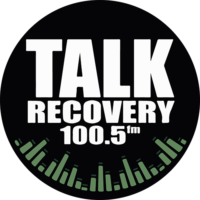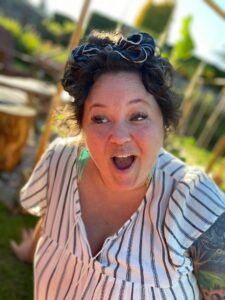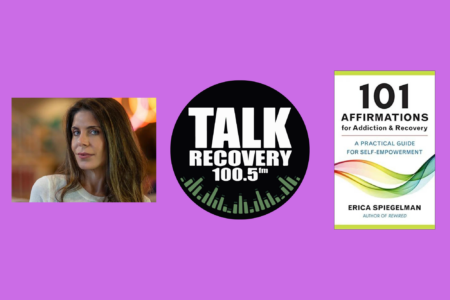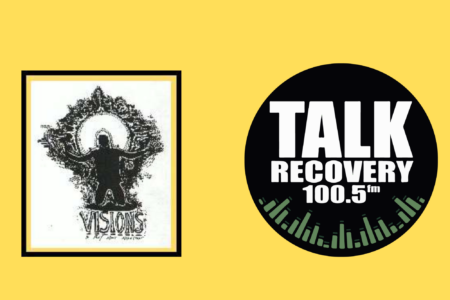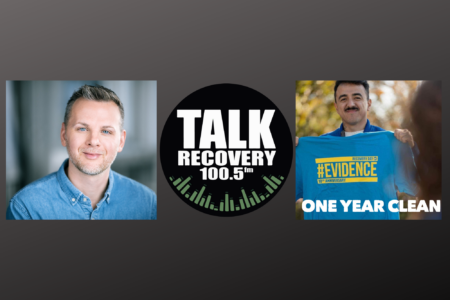Adoption and Addiction Recovery
Talk Recovery RadioThis week on Talk Recovery Radio Jeanette Yoffe executive director of the Celia Centre joins the show to talk about adoption, abandonment and mental health addiction recovery, then followed by Rebekah G a woman in Recovery with over 8 years clean shares her story of recovery from addiction. Catch it all on our Facebook page LIVE. #NewWestRecovery.
About Jeanette Yoffe

She has been in the field for over 20 years. She has worked as a psychotherapist, foster care social worker, clinical director, trainer for Los Angeles Child and Family Services, Department of Mental Health for parents, social workers, and therapists on adoption & foster care challenges, parenting, the impact of pre-adoption trauma, grief/loss, open adoption. She supports adult adoptees searching for extended lost family members and assists in reunions and family reunification. She was awarded the Foster Care Hero Award for her dedication to children and families in foster care in Los Angeles.
Yoffe’s desire to become a therapist with a particular focus on adopted and foster care issues derived from her own experience of being adopted and moving through the foster care system in New York.
Website | Facebook | Twitter | Instagram
Adoption and Abandonment
- It’s important to acknowledge that all adoption starts with some form of loss. It’s the invisible wound of adoption. 7 CORE ISSUES: rejection, guilt, shame, grief, identity and intimacy challenges, the distinctions – or battle – between implied identity and imposed identity, mastery and control.
- There’s difficulty with trust because their very first most significant relationship was severed, often traumatically. That inherited abandonment can often translate to a heightened sensitivity to rejection and feeling abandoned.
- There’s tremendous vulnerability, difficulty forming trusting relationships.
“Am I good enough?” There’s an acute sense of alienation because they have become disenfranchised from their ancestral tribe: “Where did I come from? Who am I?” I often say we’re not adoptees, we’re adoptees.
Often, I have found in my work with adoptees that there is a deep feeling of inner turmoil, disconnection, low self-worth, and overwhelming fear and anxiety.
I believe what leads my adopted or fostered clients into addiction or compulsive behavior often stems from the suppression of inner pain.
Sometimes this is a pain recognized, but sometimes this buried pain is not recognized and is a disenfranchised grief, that society doesn’t recognize as valid. But it is. Adoptees need to be encouraged to grieve.
Substance abuse can be thought of as an attempt at a solution to the inner turmoil rather than the cause of it, as it can help to numb pain and keep it lodged within. The problem with this is that keeping the pain blocked prevents us from experiencing the growth we need to become our best selves
About Rebekah G
A member of the New Westminster recovery community, Bekah G. has been clean for 8.5 years and is a graduate of Westminster House Recovery Center for Women. She knows that she can only keep what she has by giving it away; Bekah serves as the secretary of her homegroup, sponsors women from the community and is on the fundraising committee for the 47th PNWCNA, to be held in October 2024. Bekah is an educator who loves babies, building community and feasting with friends.
Listen and Subscribe
Talk Recovery airs live every Thursday at noon on 100.5 FM, Vancouver Coop Radio. The Last Door produces this weekly radio show discussing the many pathways to addiction recovery. To end stigma we must continue to talk about recovery. Talk Recovery is in its 7th Season, Hundreds of guests, thousands of listeners, thank you. Show ideas? Email community@lastdoor.org
Powered by #NewWestRecovery

